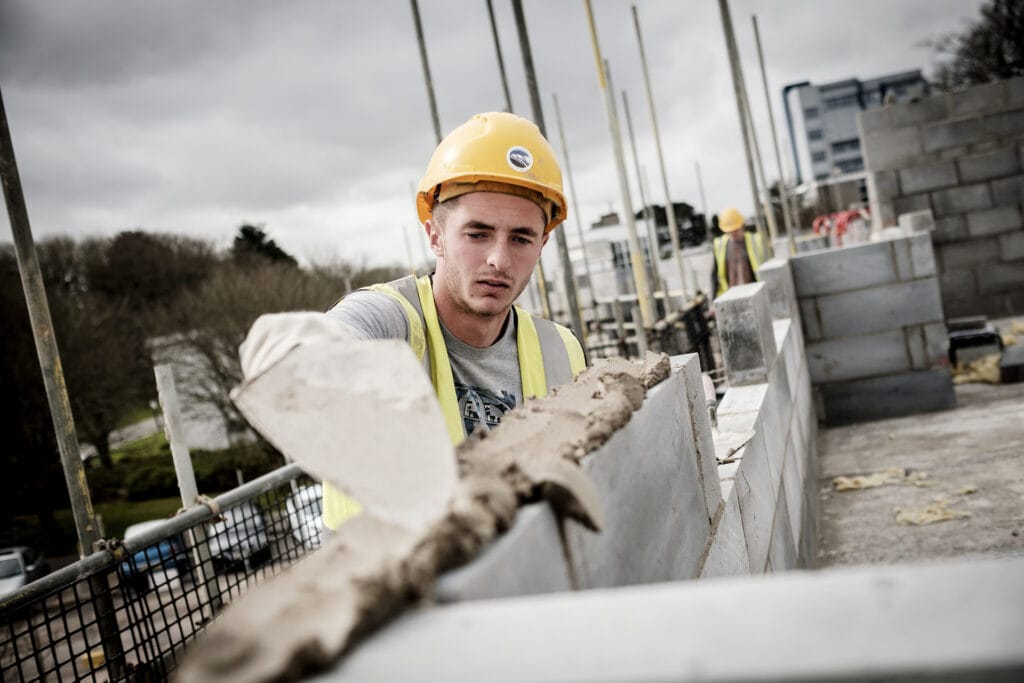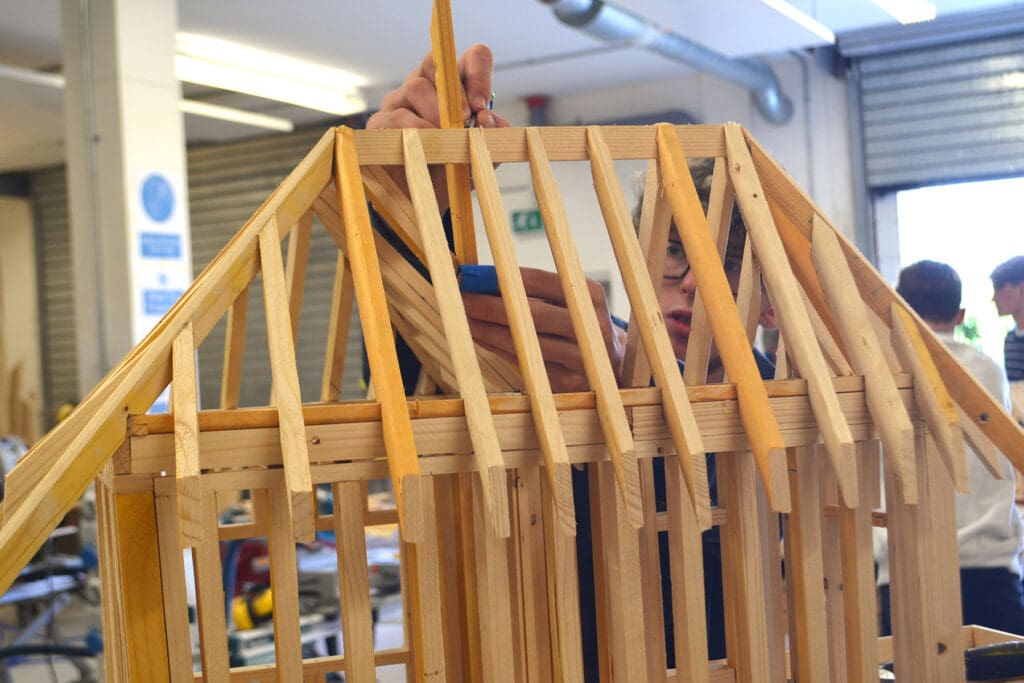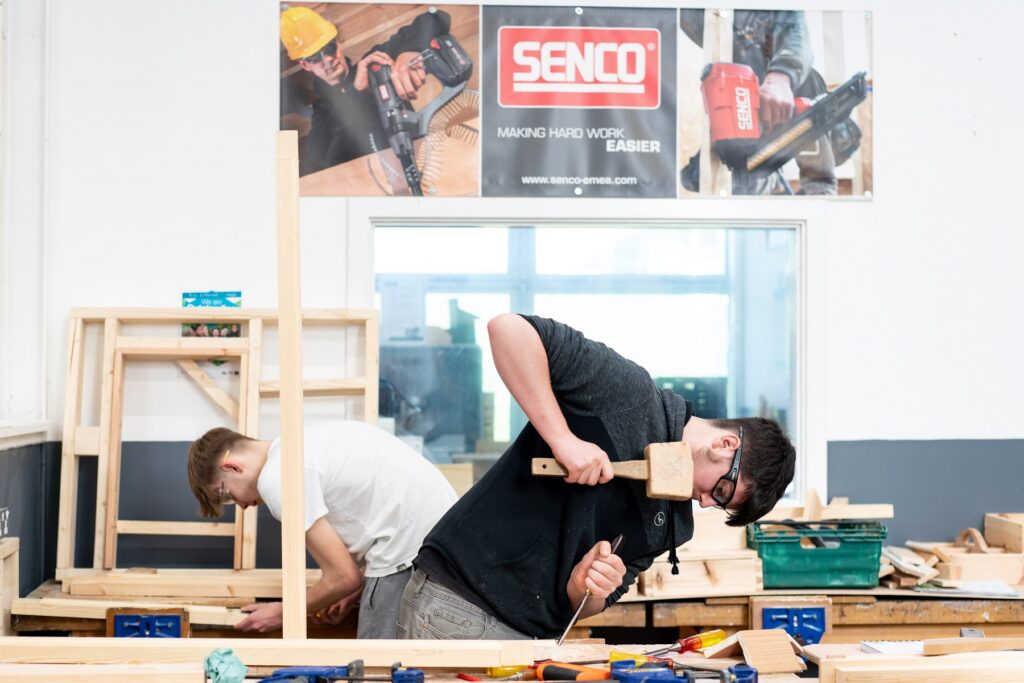Why Choose This Course?
This apprenticeship standard equips you with the essential skills and knowledge to excel in solid plastering. You’ll learn to apply modern premixed and traditional materials to internal and external surfaces, ensuring they are ready for decoration. The programme emphasises health and safety, customer service, and effective communication, preparing you to work independently or as part of a team on diverse projects, from small domestic jobs to large commercial developments. Apply now to build a rewarding career in the construction industry and meet the growing demand for skilled solid plasterers.
Apply for this course
Start date: 20/10/2025
Top Course Highlights
Industry-standard facilities
Highly experienced tutors
Develop skills in line with industry needs
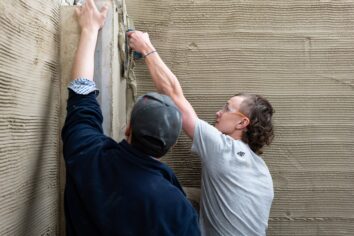
Learn from sector experts
Gain invaluable insights and hands-on experience from industry expert tutors who bring real-world knowledge and expertise to the classroom. Their guidance will help you develop the skills and confidence needed to excel in your chosen field.
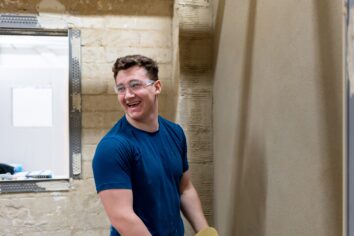
Enjoy professional environments
Enhance your practical abilities and gain hands-on experience that directly translates to the workplace. This apprenticeship course focuses on real-world applications, ensuring you are well-prepared to meet the demands of your chosen career.
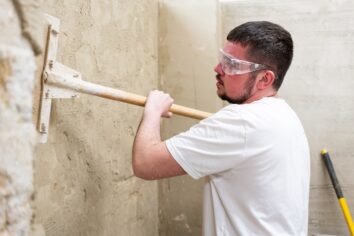
Develop skills in line with industry needs
Immerse yourself in a dynamic and supportive environment that mirrors the professional world. This apprenticeship course provides access to state-of-the-art facilities and resources, helping you to thrive and feel confident in your career journey.
What Will I Learn?
Knowledge This apprenticeship provides comprehensive knowledge in key areas essential for solid plastering. You’ll learn about health and safety regulations, including the correct use of personal protective equipment (PPE) and asbestos awareness. The course covers customer service principles, effective communication methods, and the importance of respecting the working environment. You’ll gain an understanding of different building eras, construction methods, and the significance of thermal insulation and damp proofing. Additionally, you’ll become familiar with various traditional and modern materials, their uses, characteristics, and environmental considerations, such as waste management and recycling.
Skills This apprenticeship equips you with practical skills essential for solid plastering. You’ll learn to prepare surfaces by cleaning, measuring, and cutting materials accurately. The course covers the application of various plastering techniques, including floating, setting, and skimming, to achieve smooth finishes. You’ll develop proficiency in using hand tools and equipment, such as trowels, floats, and mixers, ensuring highquality workmanship. Additionally, you’ll gain skills in installing plasterboard, applying render to external surfaces, and performing repairs and maintenance. Emphasis is placed on working efficiently, maintaining safety standards, and delivering excellent customer service.
Behaviours Apprentices should demonstrate professionalism, reliability, and respect for colleagues and clients. Key behaviours include maintaining high health and safety standards, effective communication, teamwork, and a commitment to continuous improvement.
Typical Duties that an Apprentice will carry out in the workplace:
- Preparing Surfaces: Cleaning, measuring, and cutting materials to prepare surfaces for plastering.
- Applying Plaster: Using one, two, and three coat plastering techniques to achieve smooth finishes on walls and ceilings.
- Using Tools and Equipment: Handling tools such as trowels, floats, and mixers to ensure high-quality workmanship.
Where Will It Take Me?
This Apprenticeship Standard will allow you to progress into permanent employment, enhancing the skills and knowledge that you have gained at Level 2. You could work for a house building company, a property development company, or working as part of a small business repairing and refurbishing buildings.
Assessment Arrangements
The End-Point Assessment (EPA) is a crucial component of apprenticeship standards, designed to evaluate an apprentice’s knowledge, skills, and behaviours (KSBs) acquired during their training. The EPA typically includes a combination of practical assessments, professional discussions, and portfolio reviews, ensuring apprentices are fully prepared for their chosen career. This assessment is carried out independently by an End-Point Assessment Organisation (EPAO), ensuring impartiality and fairness. Employers play a key role in confirming readiness for the EPA, supporting apprentices throughout the process to achieve successful outcomes.
EPA (End Point Assessment) methods
- Multiple Choice Knowledge Test
- Practical Skills Assessment with Questions
- Professional Discussion (Interview) underpinned by a Portfolio of Evidence
Entry Requirements
Grade 2 GCSE (E) in English and Maths.
Additional Information
We provide all of the tools and materials for the course, however you will be responsible for your own PPE and will be required to come equipped with a pair of steel toe capped boots and a pair of safety glasses.
Meet the staff, tour the campus and find out about life as a student at one of the best colleges in the country.

